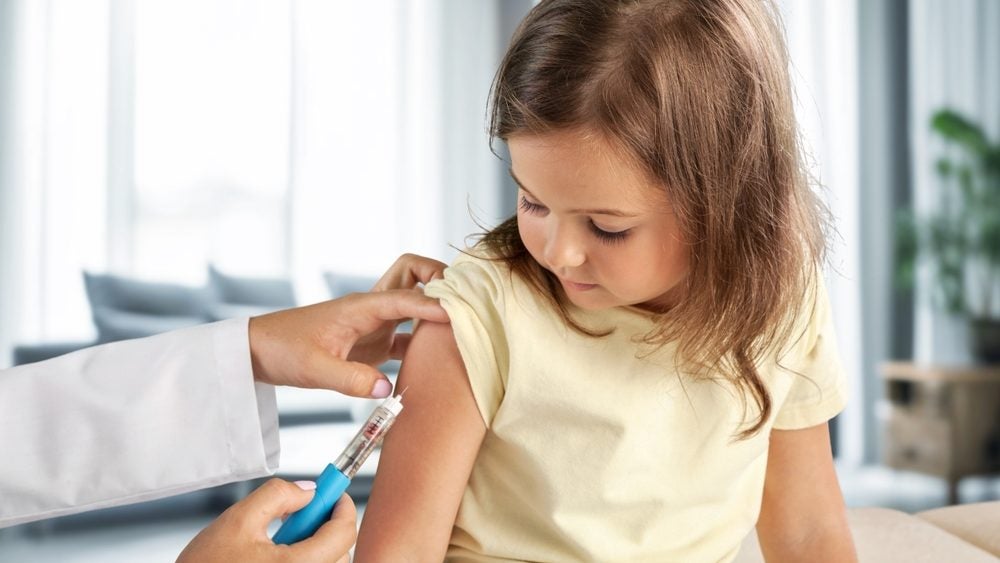New data from the UK Health Security Agency (UKHSA) indicates significant progress in combating meningitis caused by meningococcal group C (MenC), with cases falling by 99% since the introduction of a routine vaccination programme in 1999.
Between July 2023 and June 2024, only three MenC cases were recorded. Other meningococcal strains, including groups A, W, and Y, also remain at low levels due to widespread immunisation. However, meningococcal group B (MenB)—responsible for the majority of meningitis and septicaemia cases in the UK—continues to be a public health concern.
Meningitis is the inflammation of the tissues surrounding the brain and spinal cord. It can be fatal and requires immediate medical care.
Of the 341 confirmed cases of meningococcal disease reported in England over the last year, 88% (301 cases) were caused by MenB. Despite the availability of a vaccine, uptake has been declining. In 2022-2023, 91% of children received the first two doses of the MenB vaccine, down by 0.5% from the previous year while booster coverage fell to 87.6%. Adolescent vaccination rates also show room for improvement. The MenACWY vaccine, which targets groups A, C, W, and Y, saw uptake rates of 68.6% in year nine and 73.4% in year ten.
Dr Shamez Ladhani, a consultant epidemiologist at UKHSA, cautioned that while progress against MenC is promising, continued vigilance is needed.
“Thanks to the power of vaccines, we are now on the brink of defeating meningococcal C disease in the UK, but the fight against these deadly diseases that cause meningitis and septicaemia continues with meningococcal B still causing most of the 341 cases last year,” Ladhani said.
The UK’s meningitis vaccination schedule includes the Hib/MenC vaccine, administered to children at one year of age, and the MenB vaccine, given at eight weeks, 16 weeks, and one year. Teenagers receive the MenACWY vaccine in school years nine and ten.
The MenB vaccine, marketed as Bexsero, is produced by GSK while the MenC vaccine component is part of a combination vaccine developed by Pfizer. Both vaccines have contributed significantly to reducing meningococcal disease cases in the UK.
The success in reducing MenC cases demonstrates the effectiveness of vaccination programmes, but the challenges with MenB mirror issues seen globally. Epidemics of meningitis are seen across the world, particularly in sub-Saharan Africa, and vaccine hesitancy and logistical barriers remain significant obstacles to achieving higher coverage rates.















